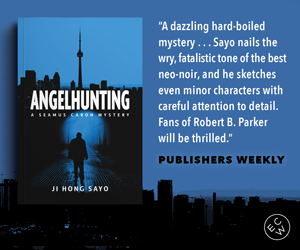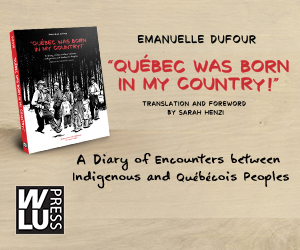it's unfinished
By Trynne Delaney
Right now I don’t know what I want: it moves, it changes.
As a teenager, when I wrote to myself it was always in second person. I thought of it like that: writing to myself as if writing a letter. When I went to university, seminars and poetry had me insisting emphatically on the need for an “I” in response to the dominant narratives that circulated in most classrooms. I tried to force myself to write in first person, to take more responsibility in the narrative "I" was writing myself, to be present, but even now, in private, I still fall back on "you."
I suspect this whole thing with first and second person is not really about responsibility.
Alexander Chee writes about tense in his essay The Autobiography of My Novel: “I was interested in the idea of the self brought to a confrontation with the past through the structure of the narration. I found that writing in the present tense acted as self-hypnosis. Discussions of the use of tense speak often of the effect on the reader, but the effect on the writer is just as important. Using it casts a powerful spell on the writer’s own mind.”
Tense and its tensions. Person and personhood. Narrative brings us close or distances us when needed. I whisper to my friends: have I given too much of myself away before I was ready?
My practice wants a you where an I is needed. What is between that? My politics of writing are in present tense though they were enacted in the past. Maybe between the past and present is an imagined future?
I am sure that this all has something to do with resting but I’m not sure how to tie it together. In sports rest is always part of training. In writing or other arts practices only the most accomplished get the privilege of resting regularly. For the rest of us, the most radical thing we can do is steal it or create new ways to provide it for each other. I am thinking of something but it’s not here yet.
I will begin an attempt to articulate: my practice must include laying my head down someplace soft, whenever I need to, and saying: “Hold that thought. We’ll come back to it later,” even though I am already forgetting.
Your CanLit News
Subscribe to Open Book’s newsletter to get local book events, literary content, writing tips, and more in your inbox
*
Thank you so much to Open Book for hosting my thoughts + drafts + creations this month.
The views expressed in the Writer-in-Residence blogs are those held by the authors and do not necessarily reflect the views of Open Book.
Trynne Delaney is a writer currently based in Tiohtià:ke (Montréal). They are the author of the half-drowned (winner of the QWF First Book Prize) and A House Unsettled. In their spare time they like to garden.



